Why do you need a bass synth?
If you don’t already have a bass synthesizer workstation of your own, then that is reason enough to get one. Whether you’re a budding new musician or a seasoned veteran, playing the bass synth is a highly rewarding experience. Science has proven that playing an instrument can improve cognitive functioning and possibly even lengthen your lifespan. Choosing the bass synth is a wise decision now because music listeners are becoming increasingly drawn to strong bass sounds.
Unlike many of the other instruments out there, the bass synth produces an incredibly diverse number of different sounds. You are truly only limited by your imagination when you learn to play the bass synthesizer.
Another reason why you absolutely need a bass synth is that listeners almost expect to hear bass synth in music. If there’s no bass synth in a piece of music, it can really sound like something is missing.
Did you know that today the synthesizer is used in nearly every genre of music? It’s truly the only innovation that can stand next to the electric guitar as one of the great new instruments in the age of electricity. The bass synth has led to totally new forms of music, just like the electric guitar did. The bass synth music also has widespread appeal among all different types of audiences. The bass synth originated in the 1960s psychedelic music scene and raves and then evolved through the 1980’s club music scene. Now the bass synthesizer is one of the most ubiquitous instruments in modern music.
Once you start using a bass synth and realize the vast array of bass sounds and groovy beats you can produce with one of these instruments, you’ll wonder why you didn’t buy one sooner.
Features to consider before you buy a bass synth
You’ll want to consider what all features a bass synthesizer has to offer before you make your buying decision. These features include a variety of things such as filters, memory patches, user slots, step sequencers, oscillators, ability to sync multiple instruments, onboard presets, software, and modulation sources.
We have broken all this down for you in this article because the sheer number of different features can make your head spin if you aren’t already familiar with the variety of different bass synths that are available on the market and how they differ from one another. We’re going to cover keys, controls, switches, presets, size, weight, and warranty.
Keys
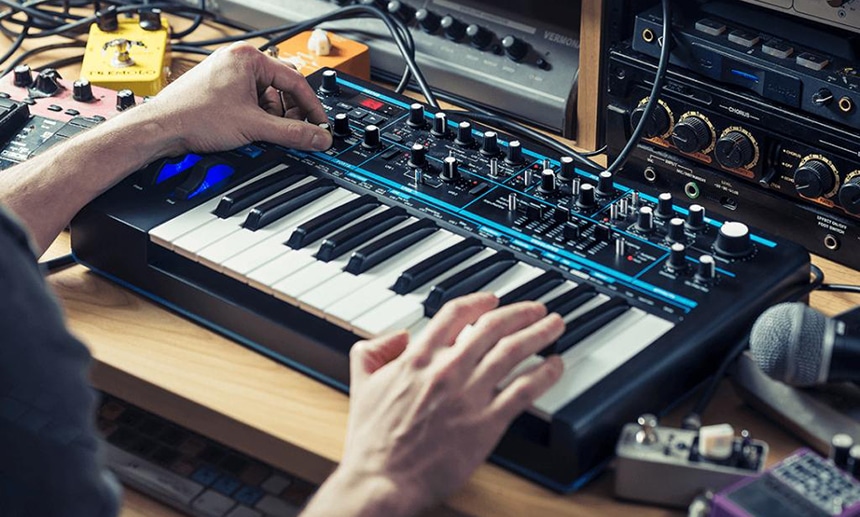
The Novation Bass Station II Analog Mono-Synth has 25 keys, while the Moog Minitaur Bass Synthesizer has no keys. Whether you want an arturia synth for bass with keys or without keys is a lot about personal preference. Do you want to feel like you’re playing the piano or not?
Controls
Another feature you’ll want to look at is the controls. Does the bass synth vst have hands-on controls or not? This is another matter of personal preference. The controls on a synthesizer are usually electronic or digital keyboards or MIDI controller keyboards. These are often built directly into the unit of the synthesizer via connections such as CV/gate, MIDI, or USB. The keyboard found on the synth also offers expression through velocity sensitivity or aftertouch. This gives you more control over the sound. There could also be ribbon controllers. These track the movement of your fingers across a touch-sensitive surface. Some may even have wind controllers that are played similarly to woodwind instruments like the clarinet or saxophone. Other controllers are motion-sensitive, like video game controllers. You might also find electronic drum pads that are played like the heads of a drum kit.
Another type of controller is the touch plate, which sends signals depending on finger position and force. You can tune the controllers as well. Lastly, there are touchscreen devices such as tablets and smartphones or fingerpads.
Switches
Next, take a look at the switches on the instrument. Are there pedals or knobs? Bass synth switches or pedals are actually processors that mimic the sound of a synthesizer. When you activate the pedals or switches, the output signal of your guitar is changed by the synth pedal. This works to change the overall sound of the bass guitar. Bass synthesizer switches and pedals are used in live performance settings, such as on stage, as well as in recording studios. Unlike pedals that are absolutely mandatory on bass synth, some are “extras.” Recording studios aren’t able to replicate these extra synthesized sounds with studio processors. This is why the bass synth is necessary. The processor essentially helps to mimic the sound of a synthesizer, but it’s done through manipulating the input analog bass signal. Depending on your user interface settings that should be active on your decision, the signal coming from the bass is processed and outputted. Bass synth pedals and switches can most often be found in the middle section of the signal chain.
Pre-sets
Pre-sets can be incredibly helpful if you don’t want to start from scratch by creating a sound. Does the bass synth you’re looking at offer a library of presets? If so, how many and what type? You can also purchase royalty-free presets later if your instrument does not have the ones you want.
Size
Another really important feature is size. If you want something that’s compact and easy to take with you on the road, you’ll want to consider the Moog Minitaur Bass Synthesizer. It’s about the size of an adult’s hand. Don’t be fooled by its diminutive size, however.
Even the tiniest bass synths can produce some extremely powerful bass grooves.
Weight
Weight, like size, is also an important feature to consider when you want an instrument that’s portable enough to take with you on the road. The Korg VOLCABASS Analog Bass Machine is very lightweight, weighing in at only 1 pound. The Roland TB-03 Bass Line Boutique Synthesizer weighs in at 2 pounds. On the other hand, one of the larger bass synths available is the Novation Bass Station II Analog Mono-Synth. It weighs just over 5 pounds and may not be as portable as the other bass synths.
Warranty
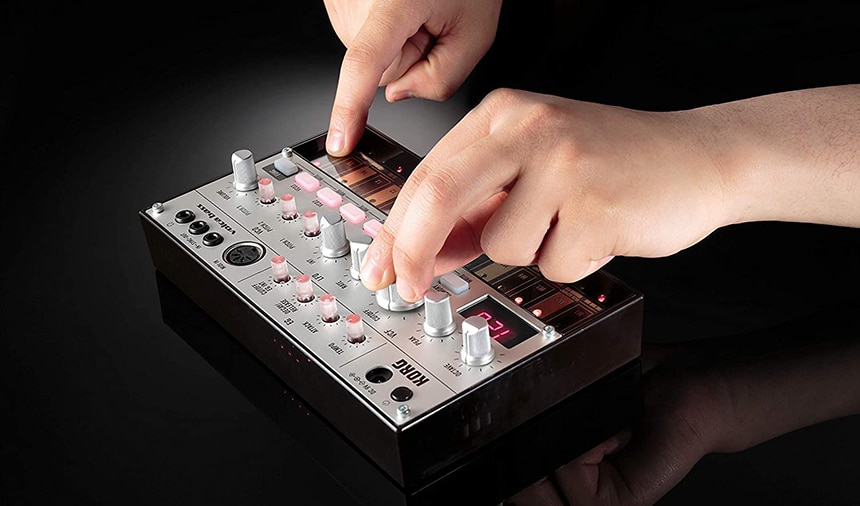
Finally, you will want to check to see if the bass synth you’re considering comes with a warranty. This is important because, well, accidents can happen! You might accidentally drop the instrument, or it could get wet. Even worse, the dog might think it’s a chew toy. The Novation Bass Station II Analog Mono-Synth comes with a 3-year warranty. Unfortunately, the warranty information is unspecified for the other instruments we’ve recommended in this article. That just means you’ll have to be extra careful if you get one of those, or contact the manufacturer directly to find out if you’re covered in case of accidents or faulty equipment.






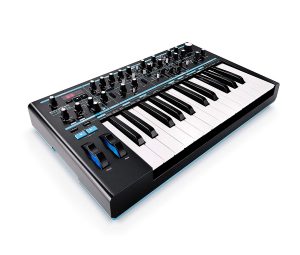
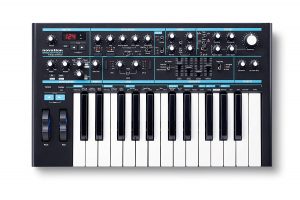
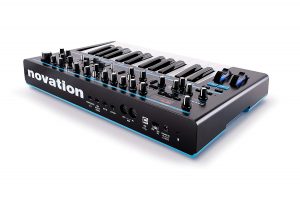
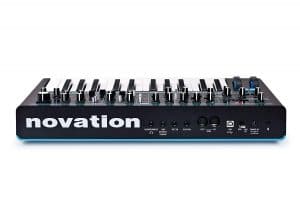
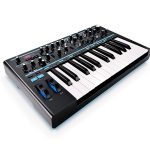
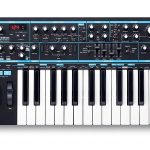
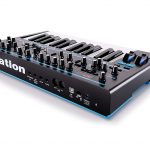
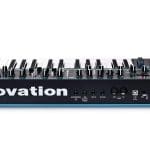
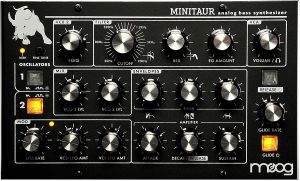
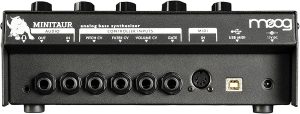
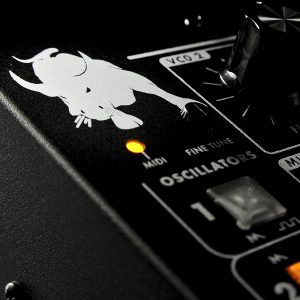
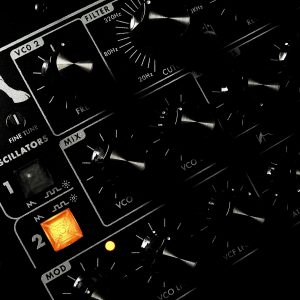
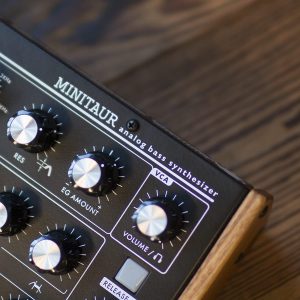
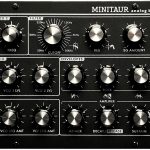
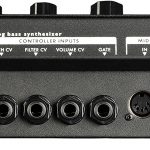
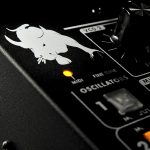
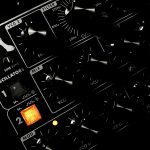
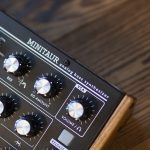
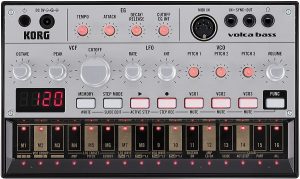
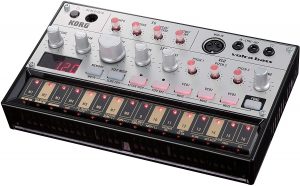
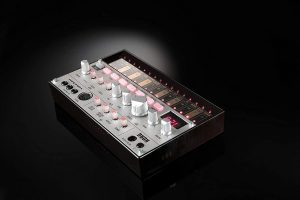
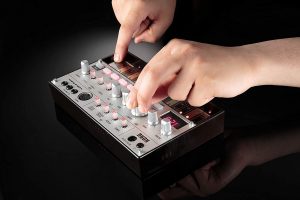
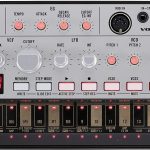
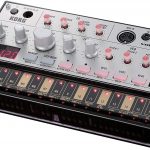
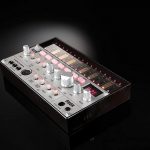
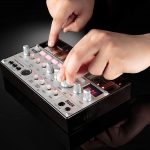
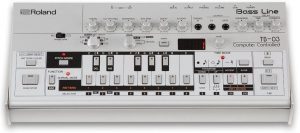

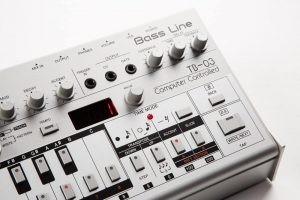
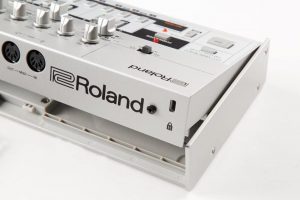
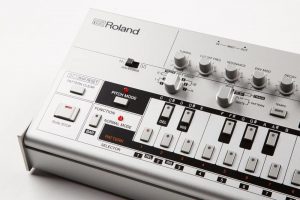
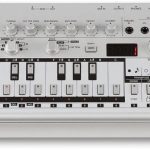
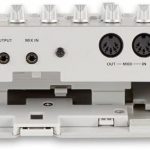
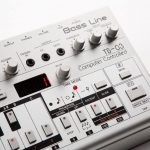
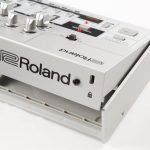
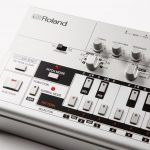
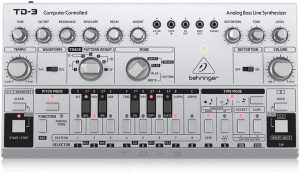

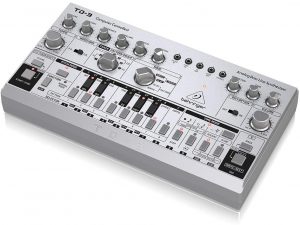
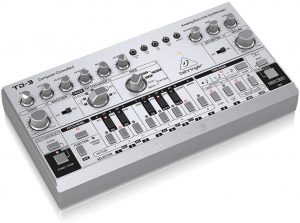
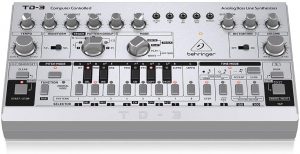
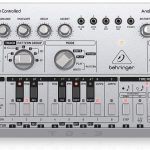
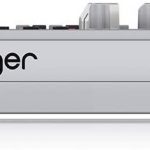
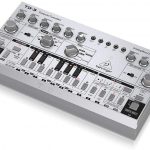
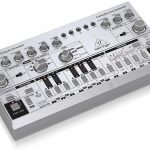
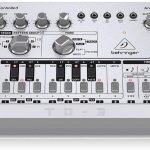







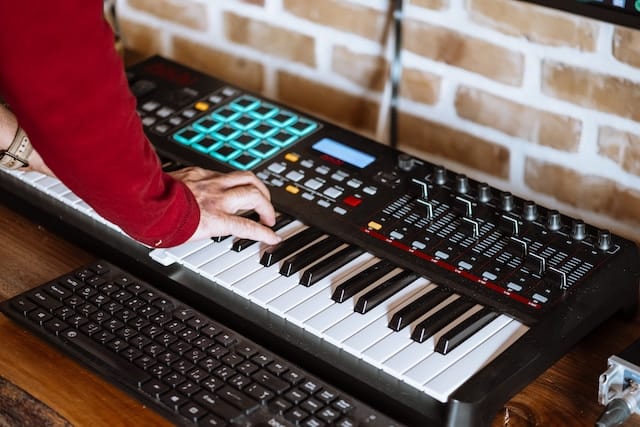



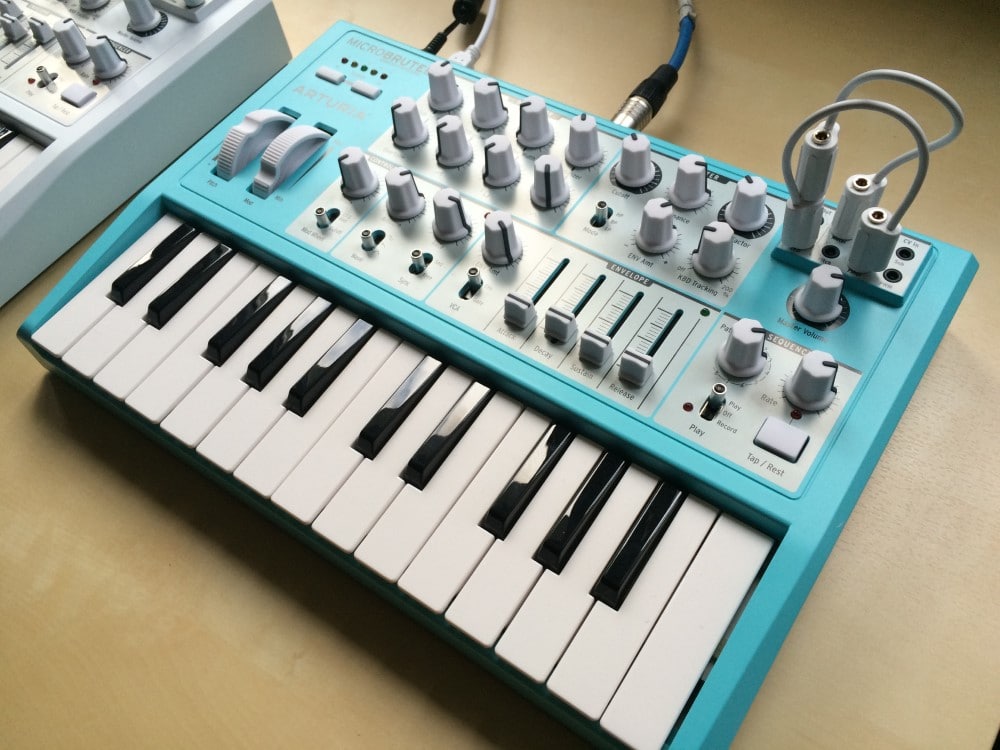
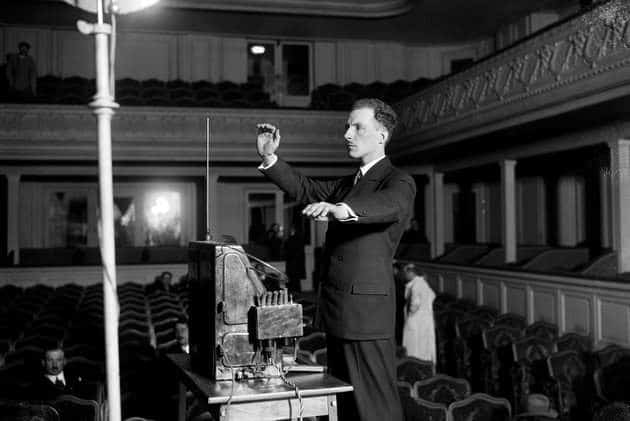
I’ve been playing guitar for years, but I’ve been wanting to expand my musical horizons and try out a bass synth. I’m definitely going to check out the Moog Minitaur Bass Synthesizer!
Good to hear that you’re looking to expand your musical repertoire with a bass synth. The Moog Minitaur Bass Synthesizer is an excellent choice. It offers a wide range of bass sounds and is known for its powerful and punchy tones. With its compact size and intuitive interface, it’s perfect for both beginners and experienced musicians. We’re sure you’ll have a good time exploring the world of bass synthesis with the Moog Minitaur. Let us know if you have any more questions or if there’s anything else we can help you with.